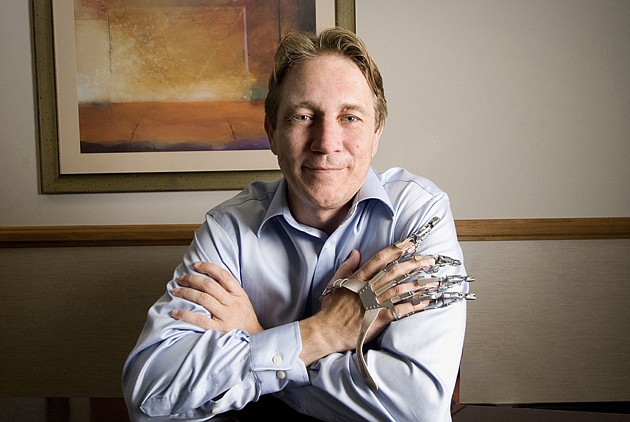- February 12, 2026
-
-
Loading

Loading

Daniel Didrick has all the ingredients to be a superstar entrepreneur.